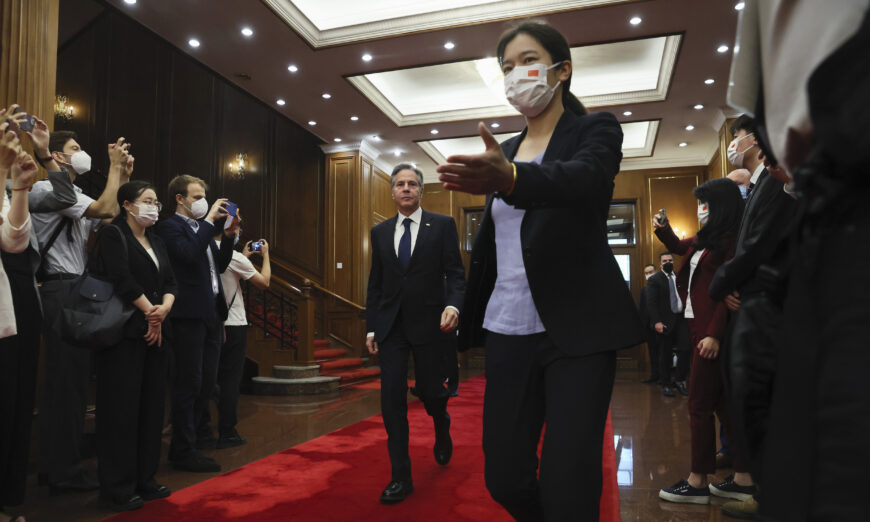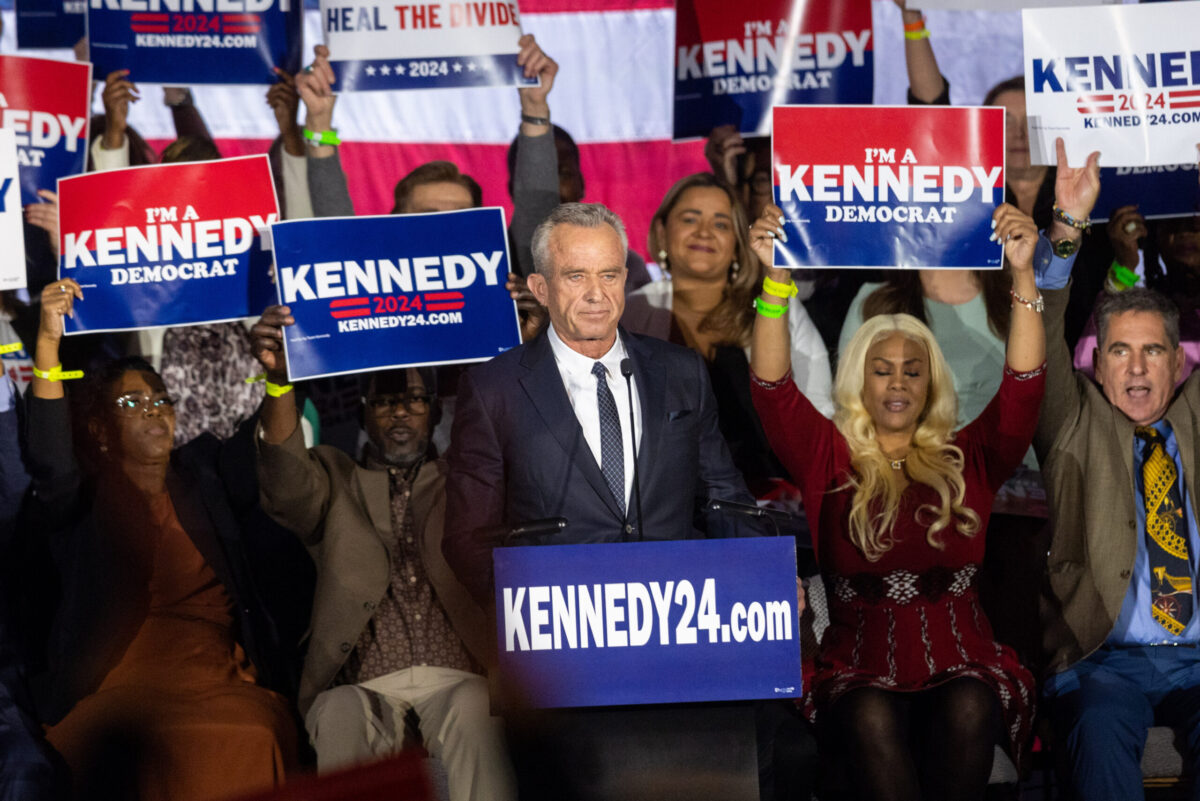Experts testify that the Special Forces structure and budget require revamping to counter China and Russia.
U.S. Special Operations Forces Shift Focus to Great Power Competition
For over two decades after 9/11, United States special operations forces primarily engaged in counterinsurgency campaigns and operations against terrorist organizations, mostly in the Middle East. But now, U.S. special operations forces (SOF) are engaged in a “great power competition” against China and Russia, a transition that is exposing deficiencies in force structure and resources, witnesses told a Senate panel on May 17.
Transitioning to a New Focus
“We are no longer trying to defeat most of these terrorist groups across the globe,” Center for Naval Analyses Research Program Director for Countering Threats and Challenges Jonathan Schroden said during a 90-minute hearing before the Senate Armed Forces Committee Emerging Threats Subcommittee. The plan now, he said, is to “monitor, disrupt, degrade” terrorist groups that have the capability to “harm the homeland” with a focus on countering Chinese and Russian state aggression.
“This has translated into a reduction in requirements for counter-intelligence, which has freed up some SOF,” Schroden said. “There is some capacity to repurpose now.”
Former Army Special Operations Commander Lt. Gen. Kenneth E. Tovo said there’s a bit of deja vu with a return to strategic competition with adversarial nation-states. “Some of our current SOF organizations were created to meet the requirements of the last period of strategic competition, the Cold War with the Soviet Union; in some ways, this is a return to our roots,” he noted. But it’s a whole new world now, Tovo acknowledged.
Less Money, More Demand
U.S. special forces operations are coordinated and conducted by the U.S. Special Operations Command (USSOCOM), the only joint combatant command created by an act of Congress, which also oversees Army, Marine Corps, Navy, and Air Force SOF component commands.
According to the Pentagon, about 6,000 SOF “operators” are currently stationed in more than 80 countries. USSOCOM’s $9.68 billion Fiscal Year 2024 (FY24) budget request is about $437 million less than this year’s enacted spending plan. Its largest projected expenditures are $3.37 billion for “theater forces” and $2 billion for combat development activities.
Schroden and Tovo both said the overall spending request, which is about $3 billion to $4 billion less than SOF spending a decade ago, is inadequate, especially when several service branches are either flattening or cutting special operations budgets, most notably the Army by at least 10 percent.
Change the Ecosystem
Tovo said the current SOF command-and-control procedures are “lacking a strategic vision” and need to be streamlined. “The challenge is two-fold,” he said, noting the statutory authorities and procedures for approving a SOF operation “is very hard” to get through a chain of command that is structured to only handle “one op at a time in its approval process.”
Among his ideas is “pushing authorities and approvals further down the chain of command.” But it still requires action rather than dithering by the Pentagon, Tovo said. Our challenge is often moving from authority to permission,” he said.
Schroden said restructuring the force to allow greater and faster flexibility is “the million-dollar question.” But one confusing element is clear: “There is no single entity in the Department of Defense that you could point to and say, ‘That entity is in charge. [It is] the lead [entity] for global competition campaign against the likes of China,” he said.
There’s been discussion about making SOF and cyber defense separate military branches, and debate about whether special operations should come under the Joint Chiefs of Staff.
Schroden said being an advisory board rather than an operational command, the Joint Chiefs of Staff would not be suitable to oversee SOF functions. But, he said, the Center for Naval Analysis is “in the midst of assessment of the unified commands plan” that will “lay out some options.”
Tovo said there is some movement toward a more streamlined structure being organically developed within the service SOF commands, noting the Army’s First SOF Command has “stood up an integrating headquarters to try [to get] a global view of these campaigns against Russia and China.”
" Conservative News Daily does not always share or support the views and opinions expressed here; they are just those of the writer."





